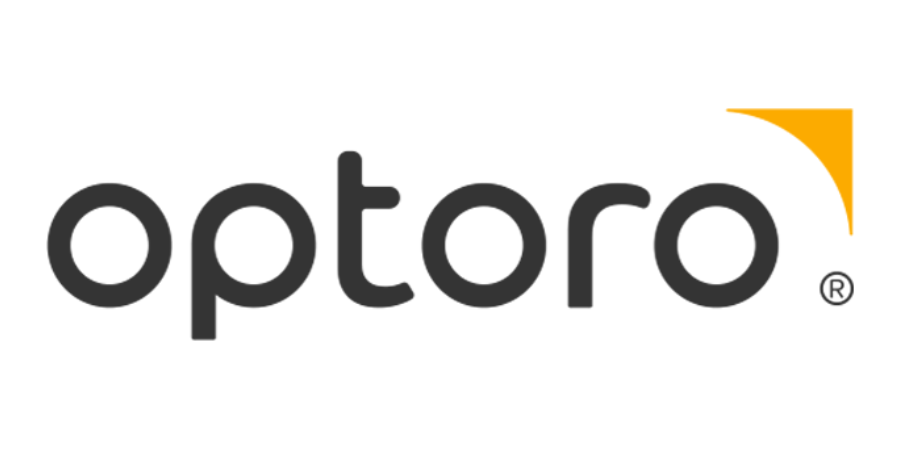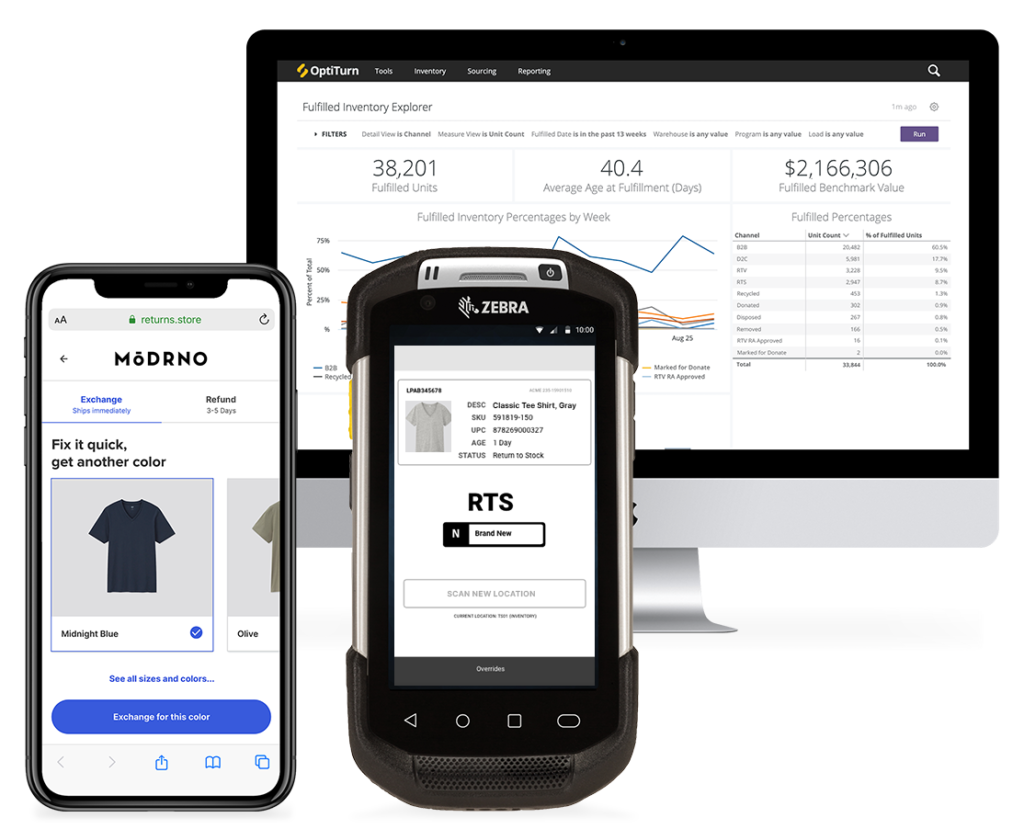
At 2023’s Lead Innovation Summit, we interviewed Amena Ali, the CEO of Optoro, a technology company and returns platform. The conversation provided invaluable information about the state of returns in the retail industry and the solutions Optoro currently offers.
Optoro is a returns management system that retailers use to deal with all the different types of returns that come in. Founded by Tobin Moore and Adam Vitarello in 2008, the company started out as a way to resell unsold or undervalued goods. Eventually, they realized they needed to focus on the entire end-to-end process, starting up front to create the best complete experience for customers.
The problems of returns are more urgent now than ever because of the sheer number of new products and e-commerce sellers and the ever-expanding avenues of shopping channels. With all of this innovation in purchasing, returns need to catch up.
When asked about the general statistics of retail returns, Amena gave an example of how apparel has a 25% to 40% return rate. This is primarily due to the variety of different sizes available, and each person will prefer a specific type of fit.
Another factor that affects returns is how the increase in e-commerce means that many customers don’t actually see or experience the product they’re buying physically until they get it in hand. As a result, returned items arrive in various different conditions, and how this inventory is handled has a tremendous impact on the company’s business.

Amena elaborated on how the Optoro software is designed to help evaluate returned merchandise based on factors such as its condition and why it is being returned. Next, Optoro’s evaluation helps determine if the returned item is good to go back into inventory, and if not, its SKU’s scanning system will suggest the most optimal alternative to maximize profit. With this process fueled by AI and machine learning, Optoro can continuously adapt to the client’s products and brand.
As Optoro continues to collect data, it becomes more efficient at merging the in-store and online systems of the retailer into a more cohesive and streamlined process.
Optoro is made to benefit B2B, and some of their clients that use the software are big names in the retail industry, such as Gap, Best Buy, Staples, and IKEA, among others. However, Amena explained that large companies aren’t the only clients to take advantage of Optoro’s capabilities. Many smaller, up-and-coming businesses that are expanding and scaling quickly can also benefit from the Optoro system. This means that Optoro can be tailored to any level of retail business.
Optoro’s Benefits for Retailers & Consumers
Optoro aims to increase customer lifetime value while managing returns by helping retailers better understand what’s coming back, what shape it’s in, how to process it, and how to put it back in stock, or else what to do with it if it cannot be resold. All retail businesses need to address these concerns in order to have a smooth and successful return procedure. Customers want to be able to return items with ease and get their refunds as quickly as possible.
The software technology of Optoro is responsible for connecting everything together and will expedite the returns process from a supply chain standpoint and a shopper’s perspective. Customers complain about the trouble of boxing up their returns, preparing shipping labels, and finding the time to bring them to a shipping provider. More and more customers want a box-free, label-free experience. This is no surprise, as ease and convenience are always preferred, but retailers need to realize that shoppers will factor a company’s return policy into their purchase. The difficulty or ease of returns will have an influence on whether they buy the product or go with a competitor.

If a return is in great condition, the retailer should have that item back in stock and inventory right away, especially if it’s available at a sale price or as part of a promotion. This means that another customer can purchase it, which makes them happy and minimizes profit loss for the retailer.
Another practice Optoro is putting into effect is express returns. This process has seen a lot of success lately and starts to process a customer’s refund as soon as a return package is scanned to be delivered back to the seller.
Optoro’s clients are able to reduce the cost of their returns by 40% to 50%, and their data on returns and exchanges allows them to make the best-informed decisions. For example, one client shared how they used to worry about running out of inventory if it all sold out and any returns took too long to recover. With Optoro, if the retail client is confident they can retrieve any returned items and have them ready for sale faster, they can order less inventory.
The other critical role that Optoro plays is promoting an ideal circular economy by helping keep returns out of landfills and allowing these items to be restocked if they are in good condition. Another streamlined example is how Optoro helps maximize efficiency by combining deliveries with return pickups in a single trip.
The bottom line is that the omnichannel reality is here to stay. Amena stated that in 2022, online returns averaged at $212 billion, and overall at $800 billion. The world is getting faster, people want their online purchases immediately, and more items are only available online. Therefore, customers have to risk making purchases without seeing items in person first. In response, retailers need to adapt, optimize, and turn the negative of a return into a positive and minimize any loss of profits. Optoro is the platform to do just that, helping retailers lose less and gain more.
